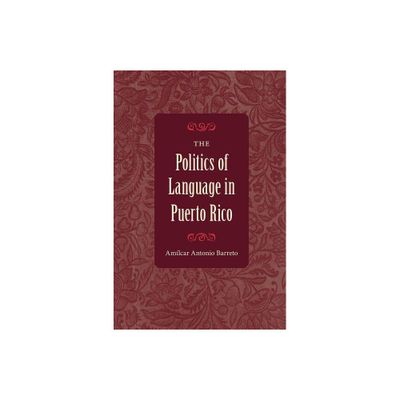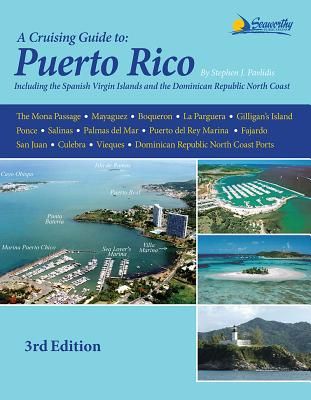Home
Language, Elites, and the State: Nationalism in Puerto Rico and Quebec
Loading Inventory...
Barnes and Noble
Language, Elites, and the State: Nationalism in Puerto Rico and Quebec
Current price: $75.00


Barnes and Noble
Language, Elites, and the State: Nationalism in Puerto Rico and Quebec
Current price: $75.00
Loading Inventory...
Size: OS
*Product Information may vary - to confirm product availability, pricing, and additional information please contact Barnes and Noble
For decades the U.S. territory of Puerto Rico and the Canadian province of Quebec have been riveted by the politics of nationalism, the question of their final status, and the protection of their local languages. In the name of cultural defense, the legislatures in San Juan and Quebec City have passed several laws focusing on protecting the vernacular. Barreto explores these two cases and challenges some general preconceived notions about nationalist movements.
A common premise in ethnic conflict studies is that nationalism is caused by cultural traits, such as language or religion, or is a result of a region's subservient economic role vis-à-vis the country's core. However, Barreto contends that Puerto Rican and Québécois elites turbaned to nationalism in reaction to their social marginalization and economic suppression. Anglophone elites in the U.S. and Canada established a hegemonic order making English a requirement for social and economic ascendancy. Shunned by the country's dominant group on account of their language, elites in Puerto Rico and Quebec took up the banner of nationalism attempting to establish a counter-hegemonic order. Thus, nationalism, Barreto contends, is an unanticipated reaction to the exclusionary attitudes and policies of one group against another. This analysis is important to political scientists, social scientists, and researchers involved with nationalism, ethnic conflict, and Puerto Rican and Canadian studies.
A common premise in ethnic conflict studies is that nationalism is caused by cultural traits, such as language or religion, or is a result of a region's subservient economic role vis-à-vis the country's core. However, Barreto contends that Puerto Rican and Québécois elites turbaned to nationalism in reaction to their social marginalization and economic suppression. Anglophone elites in the U.S. and Canada established a hegemonic order making English a requirement for social and economic ascendancy. Shunned by the country's dominant group on account of their language, elites in Puerto Rico and Quebec took up the banner of nationalism attempting to establish a counter-hegemonic order. Thus, nationalism, Barreto contends, is an unanticipated reaction to the exclusionary attitudes and policies of one group against another. This analysis is important to political scientists, social scientists, and researchers involved with nationalism, ethnic conflict, and Puerto Rican and Canadian studies.


















